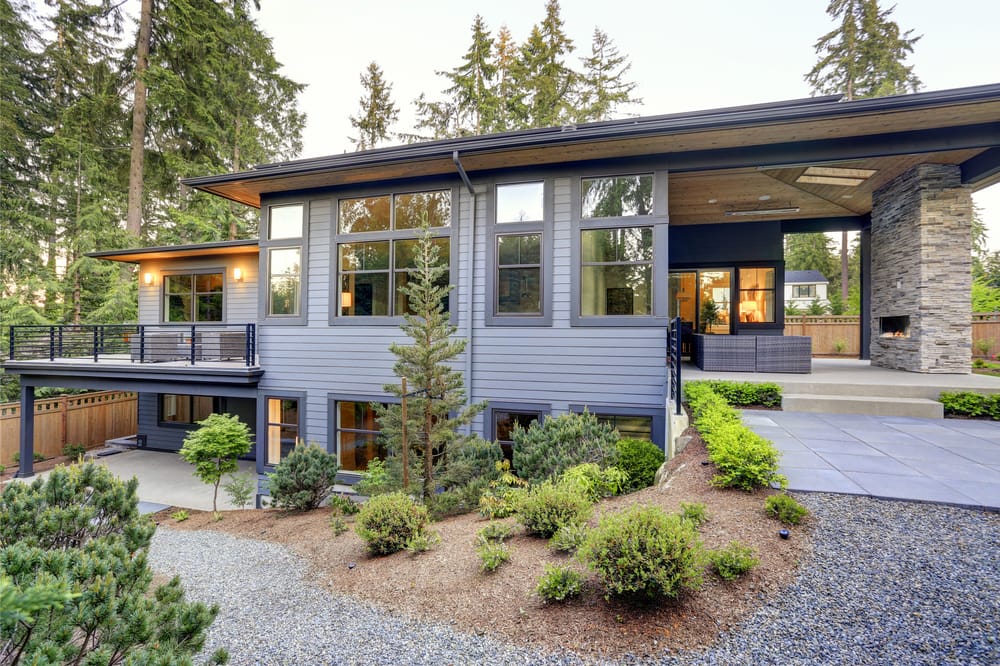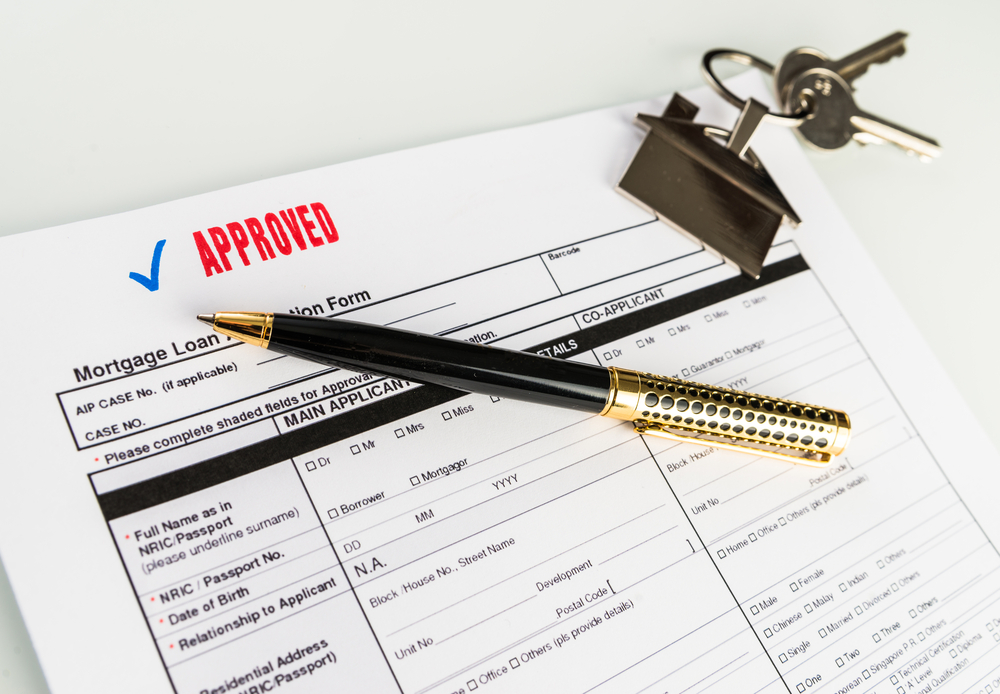The concept of having a second home, be it a quaint cabin in the woods, a beachfront condo, or a slope-side ski chalet, holds undeniable appeal for many. However, second home ownership also comes with its own unique complexities and requirements compared to purchasing a primary residence.
In this guide we will demystify the nuances of owning a second home. You’ll gain insights on financing, taxes, rental strategies, and tips for buying the ideal second property. We’ll also showcase how partnering with a knowledgeable real estate agent can smooth the process.
Armed with this expertise, you can navigate the world of second homes with clarity and confidence.
What Defines a Second Home?
Simply put, a second home is a secondary residence used for personal enjoyment and not as an individual’s primary home. Unlike investment properties solely intended to generate rental income, second homeowners can use the property for vacations and personal trips throughout the year.
IRS Criteria for a Second Home
To qualify as a second home per IRS rules, a property must meet several specifications:
- Used by the owner for personal purposes at least 15 days per year
- Not rented out for more than 14 days per year
- Not the taxpayer’s main home
Meeting these IRS stipulations allows second homeowners to receive tax deductions on associated mortgage interest and property taxes.
Implications of Misclassification
Improperly categorizing a property when filing taxes can negate eligibility for tax benefits. For instance, falsely claiming a solely investment-owned rental property as a second home prohibits mortgage interest deductions.
Consult a tax expert or CPA to ensure alignment with IRS specifications before buying and filing taxes on a second home. Their guidance can save major money on your return.
Financial Considerations in Second Home Ownership
Understanding Second Home Mortgage Rates
Second home loans require higher down payments and tend to have interest rates around 0.25% – 0.5% higher than primary home mortgages. This pricing differential accounts for the increased risk lenders take on with financing second properties.
Exploring Second Home Mortgage Options
While today’s rates have climbed to 6% fixed and more, buyers have multiple loan programs to choose from:
- Conventional loans needing 5% – 10% down
- Jumbo loans requiring 10% – 20% down payments
- ARM loans with fluctuating rates over the loan term
- FHA loans permitting down payments as low as 3.5%
Consider loan-term length and eventual plans for the home when selecting the optimal mortgage product.
Second Home Financing Strategies
Given higher interest rates, maximizing your down payment through savings or proceeds from another home sale saves substantially on total interest paid over a loan’s lifespan.
Additionally, maintaining pristine credit above 740 secures the most competitive interest pricing lenders offer. Hold off buying until you lock down excellent credit metrics.
How to Buy a Second Home

The process mirrors buying a primary home, with a few extra steps:
- Get pre-qualified based on your finances and desired second home price range and location.
- Identify motivating factors guiding your second home search criteria through reflection on how you plan to enjoy the property. Consider amenities, location, size, and type.
- Research neighborhoods and market trends in target second home spots. Track pricing and identify listings meeting your parameters.
- Tour promising properties either virtually or in person. Ask an agent abundant questions.
- Submit a purchase offer on your favorite option after negotiating optimal pricing and terms.
- Complete inspections and appraisal with flexible timing since you may not live locally. Lean on your agent to facilitate smooth proceedings.
- Close on the sale once all financing and paperwork finalizes!
Evaluating the Right Location and Property Type
When performance serves as the priority, opt for easily accessible and flexible spaces near airports and ground transportation.
For pure relaxation, seek calm settings conducive to recharging from hectic everyday responsibilities. Beach towns or rural cabins can provide such respite.
Consider future plans for retirement or family expansion so a second home purchase aligns with longer-term goals as well.
Tax Implications and Benefits
Mortgage Interest Deduction and Other Tax Benefits
Second homeowners who follow IRS qualifications can deduct mortgage interest and property taxes on their annual tax return. Consult IRS publication 936 for specifics.
Capital improvements can also allow tax deductions for portions of associated project costs. Track these investments closely.
Reporting Rental Income
You must claim any rental income earned from renting a second home for up to 14 days per year. Report earnings on Schedule E of IRS form 1040. Keep meticulous rental records for proper accounting during tax season.

Frequently Asked Questions (FAQs)
Can I have more than one second home?
Yes, you can own multiple secondary residences classified under IRS second home guidelines. Ensure each meets the specifications around personal use and rental thresholds.
How does owning a second home impact my taxes?
Owning a second home makes you eligible for valuable mortgage interest and property tax deductions. However, you must report any rental income on your 1040 tax return.
What are the mortgage rate differences for second homes vs. a primary homes?
Second home loans require 20% higher down payments, have interest rates 0.25 – 0.5% higher, receive stricter eligibility criteria from lenders, and carry prepayment penalties. Shop lenders thoroughly to secure the best rate.
What should I consider when financing a second home?
Aim for 20% down, excellent credit exceeding 740, and a large emergency fund to cover unexpected costs. Consider future plans, like retirement or renting the home. Select loan terms and types aligning with longer-term strategy.
Can I rent out my second home and still qualify for mortgage interest deductions?
Yes, if the home is rented 14 days or less per year. Any rental income must be reported to the IRS. Consult your CPA or tax expert to ensure adherence to qualifications.
The Benefits of Professional Guidance
Navigating second home ownership spans intricate financial, legal, and tax considerations. An experienced real estate advisor simplifies this complex terrain through:
- Expertise honed from years of assisting second home buyers
- Hyper-localized knowledge of markets’ dynamics, trends, and best regions to invest
- Transaction guidance maximizing efficiency and cost savings
Partnering with an agent provides invaluable insight each step of your journey.
Tailored Assistance for Your Needs
As a prospective second homeowner, rest assured our dedicated Realoq agents remain by your side providing tailored education, assessment of priorities, property recommendations, tour facilitation, and ongoing support. We simplify each milestone so you can solely focus on envisioning fun-filled days enjoying your new home away from home!
I hope this detailed overview dispels any ambiguity about acquiring and owning a special hideaway residence. While second homes require some extra considerations, proper diligence and preparation prevents any pitfalls.
Lean on your financial, legal, tax, and real estate advisors to ensure optimal decision making. Their expertise perfectly supplements your enthusiasm so you can turn second home dreams into reality!
For personalized guidance exploring second home opportunities in our region, contact our office today to get started!


